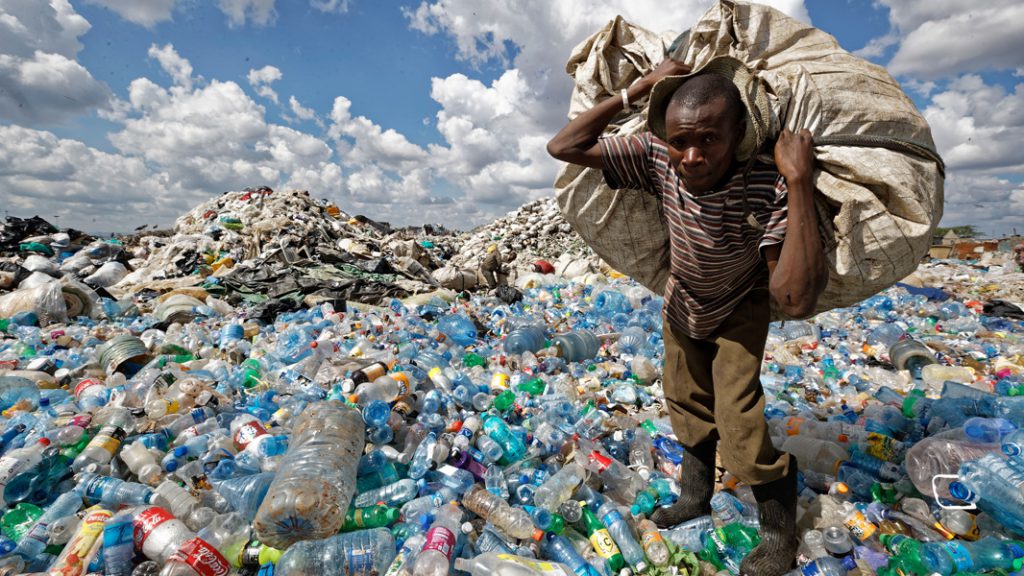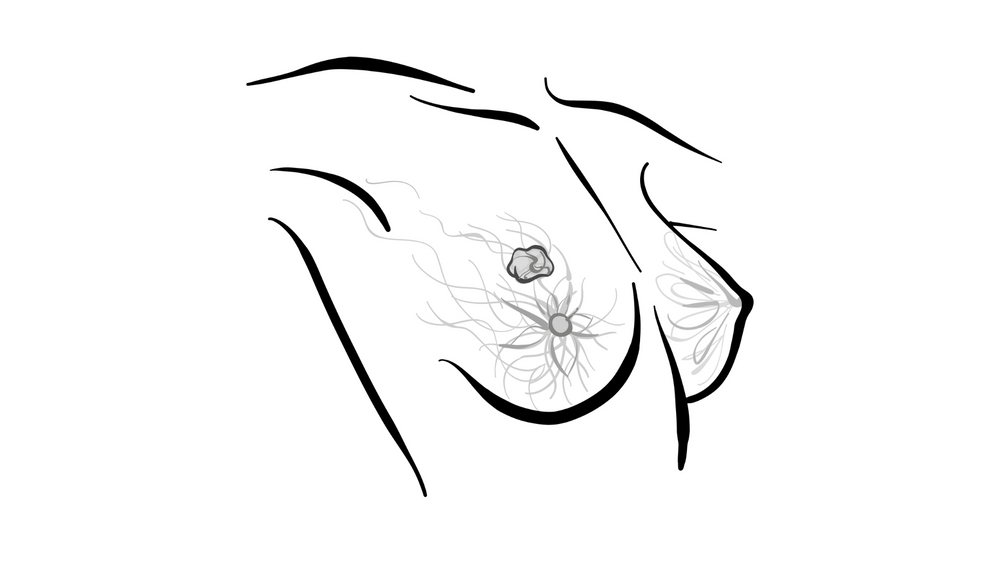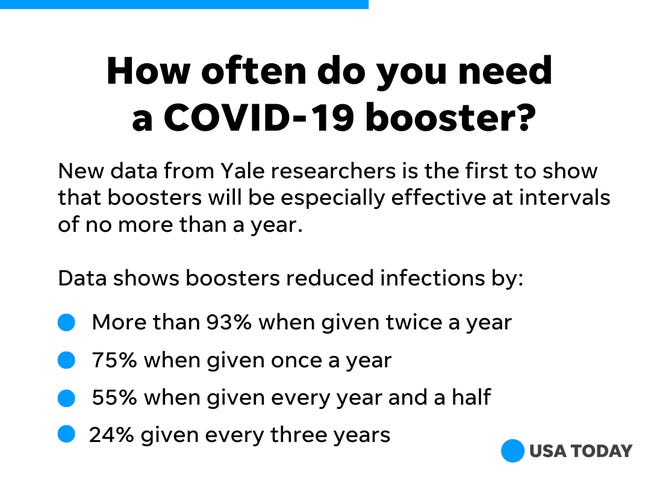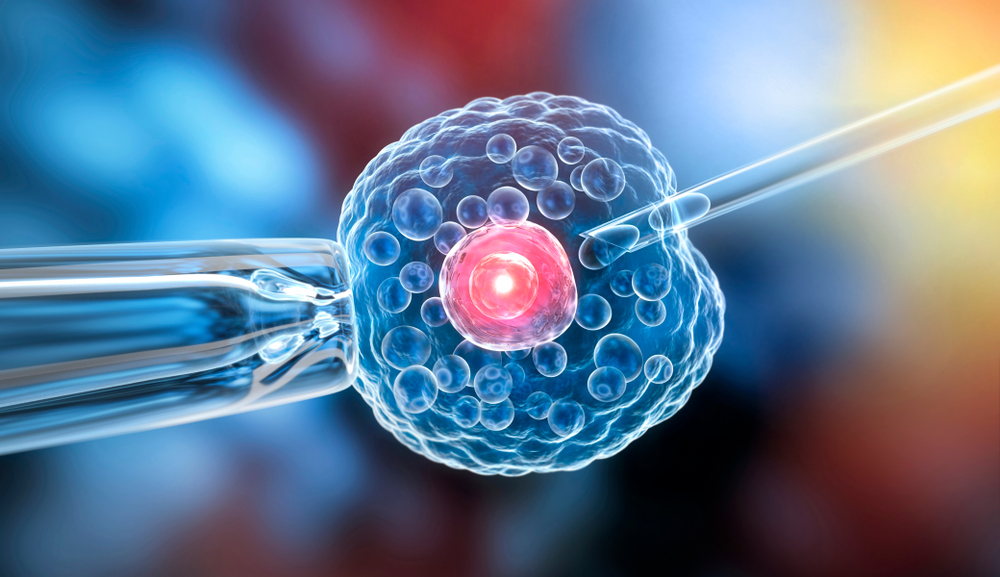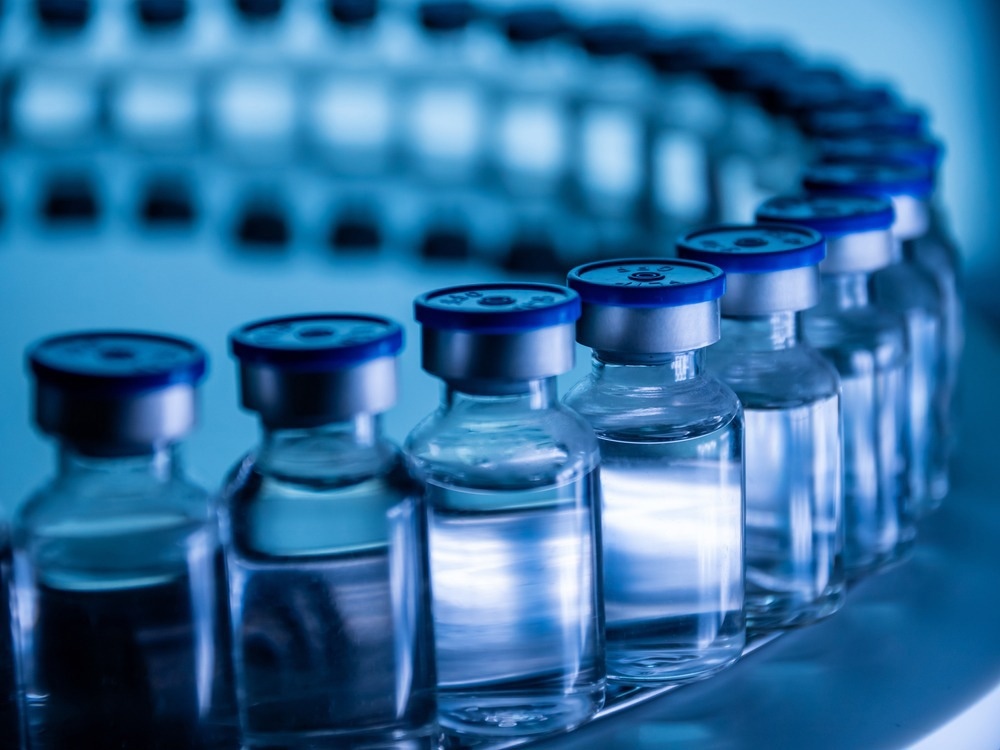Should plastic be banned? How to reduce the use of plastic?
What is Plastic? Plastic is a synthetic or semi-synthetic material made from a wide range of organic polymers, including polyethylene, polypropylene, polyvinyl chloride (PVC), polystyrene, and many others. These polymers are derived from natural gas or crude oil through a chemical process, which involves the combination of monomers to form long chains of polymer molecules. …
Should plastic be banned? How to reduce the use of plastic? Read More »

